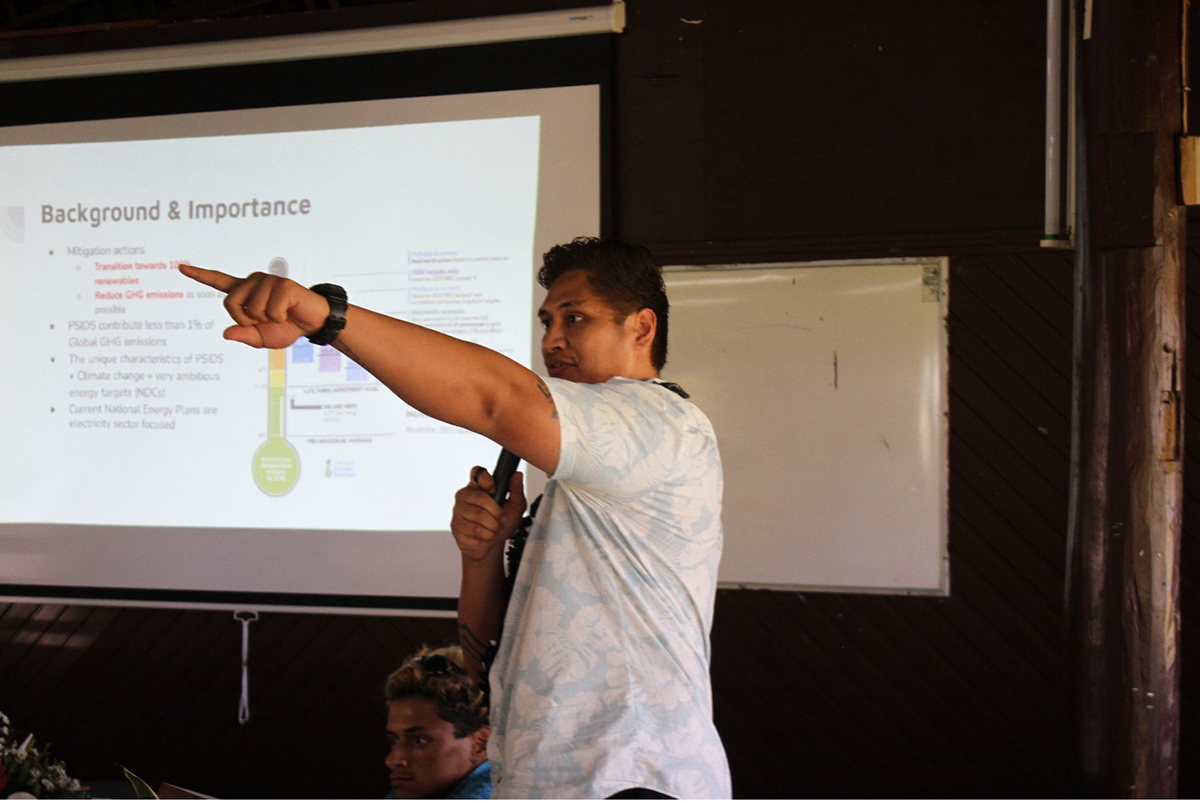AI in Education: Is ChatGPT Friend or Foe?
December 30by Sylvester Stephen Mtenga
Artificial Intelligence has and continues to grow beyond astronomical levels, venturing deep into fields like healthcare, business, military, and government. The advent of this super technology has raised questions in most fields, but notably education. Chat Generative Pre-Trained Transformer, otherwise known as ChatGPT, is one technology that has disrupted the educational scene. The magical app that spits out passable essays and can solve math equations in minutes has become the centre of controversy, labeled a student’s savior or a teacher’s worst nightmare.
Educators worry that reliance on AI might erode students’ critical thinking skills, promote academic dishonesty, and undermine authenticity in learning. This, as a result, has led to learning institutions banning it left and right. The magical app is now seen as the destroyer of students’ thinking capacities.
However, while these fears are valid, they only tell part of the story. It’s crucial to recognize that every transformative technology initially faces skepticism (eg. Google and even calculators). The grey area between right and wrong is where meaningful discussions and solutions emerge and as with most conversations, it’s always important to view difficult topics from multiple perspectives.
Therefore, I as a student want to challenge the narrative regarding ChatGPT being a disruptive tool in education. I’m here as a student to answer the question, ‘What reason do we have to embrace generative AI in classrooms?’.
The first benefit is future-proofing. Research from McKinsey has shown that AI will disrupt 80% of careers in the upcoming years.
Students now need to be ahead of the curve to ensure the skills we acquire in class are in alignment with the future job market, where the use of AI will be increasingly common.
Secondly, artificial intelligence (ChatGPT), enables automation of tasks, creating visual aids, keeping papers and notes organized, and much more. This is a bonus for both teachers and students, as automating tasks like these helps to improve the overall classroom experience.
Thirdly, AI helps to summarize information. ChatGPT is a powerful summarization tool, and it can be used on academic papers, blog posts, etc., to quickly provide bullet-point summaries.
Lastly, but most importantly, AI has the power to democratize education by narrowing various access gaps that currently exist in systems of education.
I get it, the unknown and novel can be scary at times, especially when it’s as powerful as AI. However, we are lucky to live in a time where such innovations exist. Evolution sometimes means starting from scratch and changing the way we used to do education to make room for a bigger, better future for learning.






